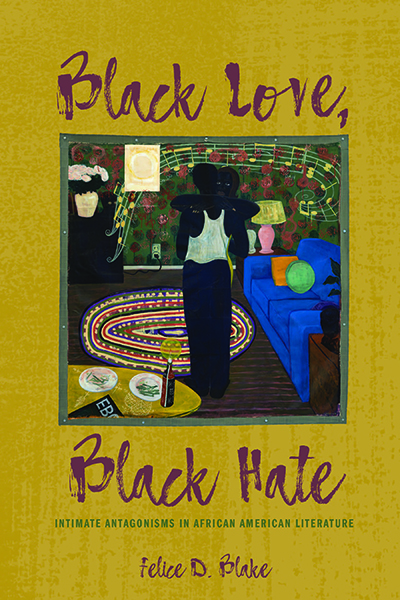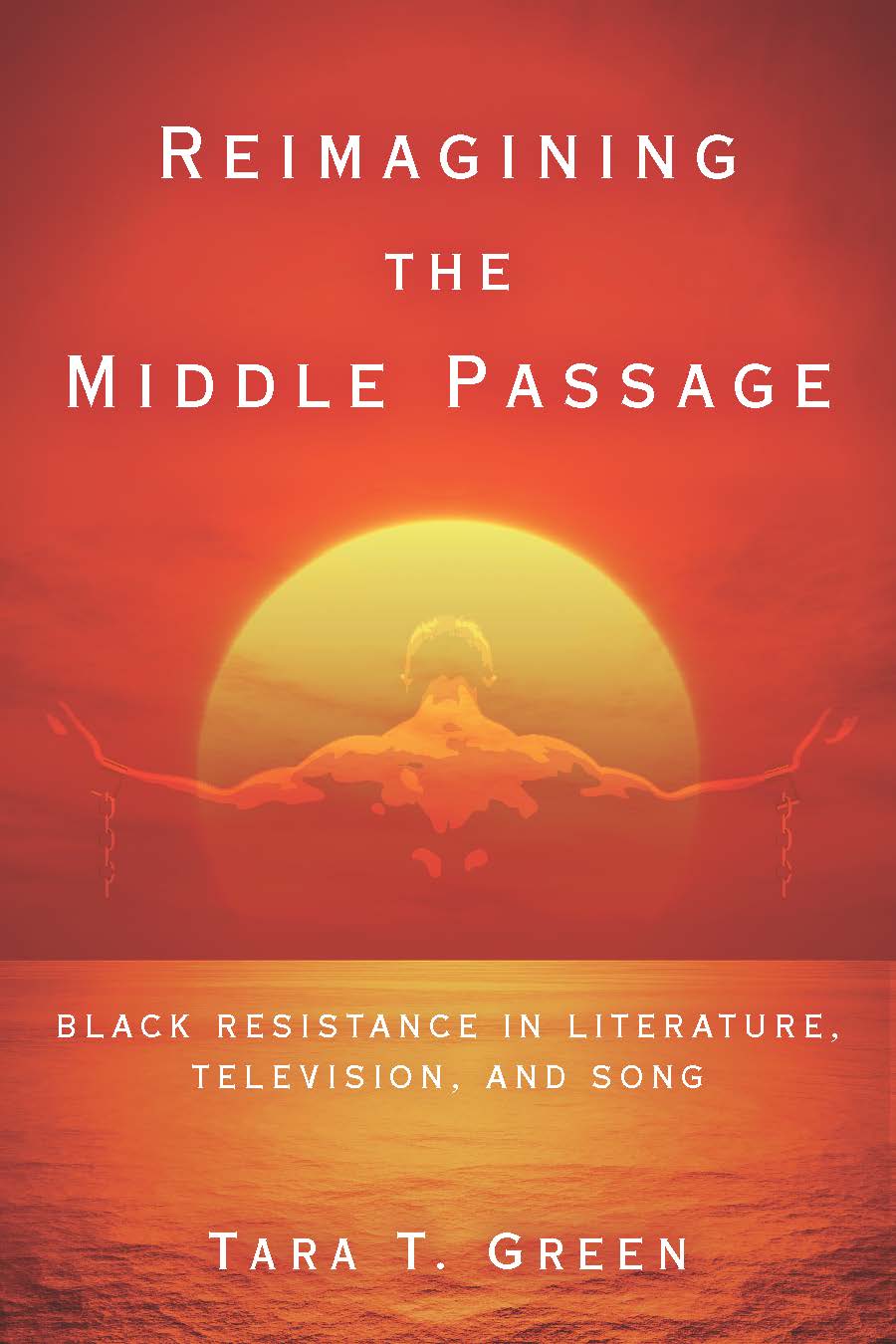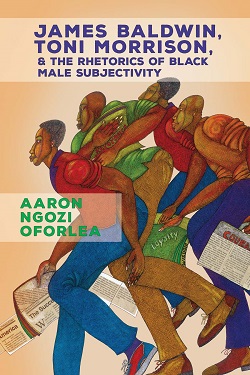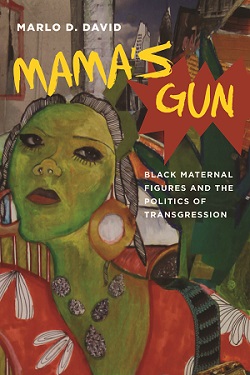“Felice Blake reads Black fiction’s careful and precise illumination, and blurring, of the thin line between love and hate with the rigorously analytical lyricism it models and deserves. Her book is a major, singular, and welcome literary critical event.” —Fred Moten, New York University
“Blake’s insistence upon understanding the intraracial ‘vision of Black social life’ that African American literature provides forces a critical reevaluation of this literary tradition, and furthers rigorous attention to black nuance and possibility.” —Candice Jenkins, author of Private Lives, Proper Relations: Regulating Black Intimacy
“Black Love, Black Hate is the first book to uncover the role of intimate antagonisms in the ongoing production of African American literature. Felice Blake teaches us how African American literature becomes a type of ‘town meeting that cannot meet anywhere else.’” —Margo Natalie Crawford, author of Black Post-Blackness: The Black Arts Movement and Twenty-First-Century Aesthetics
Felice D. Blake’s Black Love, Black Hate: Intimate Antagonisms in African American Literature highlights the pervasive representations of intraracial deceptions, cruelties, and contempt in Black literature. Literary criticism has tended to focus on Black solidarity and the ways that a racially linked fate has compelled Black people to counter notions of Black inferiority with unified notions of community driven by political commitments to creative rehumanization and collective affirmation. Blake shows how fictional depictions of intraracial conflict perform necessary work within the Black community, raising questions about why racial unity is so often established from the top down and how loyalty to Blackness can be manipulated to reinforce deleterious forms of subordination to oppressive gender, sexual, and class norms.
Most importantly, the book shows how literature constitutes an alternative public sphere for Black people. In a society largely controlled by white supremacist actors and institutions, Black authors have conjured fiction into a space where hard questions can be asked and answered and where the work of combatting collective, racist suppression can occur without replicating oppressive hierarchies. Black Love, Black Hate uncovers a key theme in Black fiction and argues that literature itself is a vital institutional site within Black life. Through the examination of intimate conflicts in a wide array of twentieth- and twenty-first-century novels, Blake demonstrates the centrality of intraracial relations to the complexity and vision of Black social movements and liberation struggles and the power and promise of Black narrative in reshaping struggle.
Felice D. Blake is Assistant Professor of English at the University of California, Santa Barbara.
Contents
Acknowledgments
Introduction
Chapter 1 The Public Space of Intimate Antagonisms: Black Intimacy and Opposition to Jim Crow
Chapter 2 Intimate Antagonisms and Double Consciousness in the Debate over Integration
Chapter 3 Going to Bed Angry: Intimate Antagonisms in the Epoch of Black Power
Chapter 4 What’s Yours Is Mine: The Paradox of Intraracial “Bootstrap” Politics
Epilogue Intimate Antagonisms, the Undercommons, and the Town-hall Meeting
Works Cited
IndexRelated Titles:
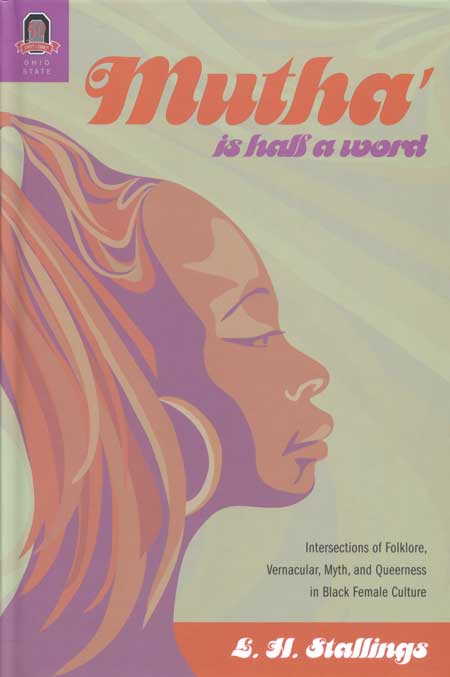
Mutha' Is Half a Word
Intersections of Folklore, Vernacular, Myth, and Queerness in Black Female Culture
L. H. Stallings


